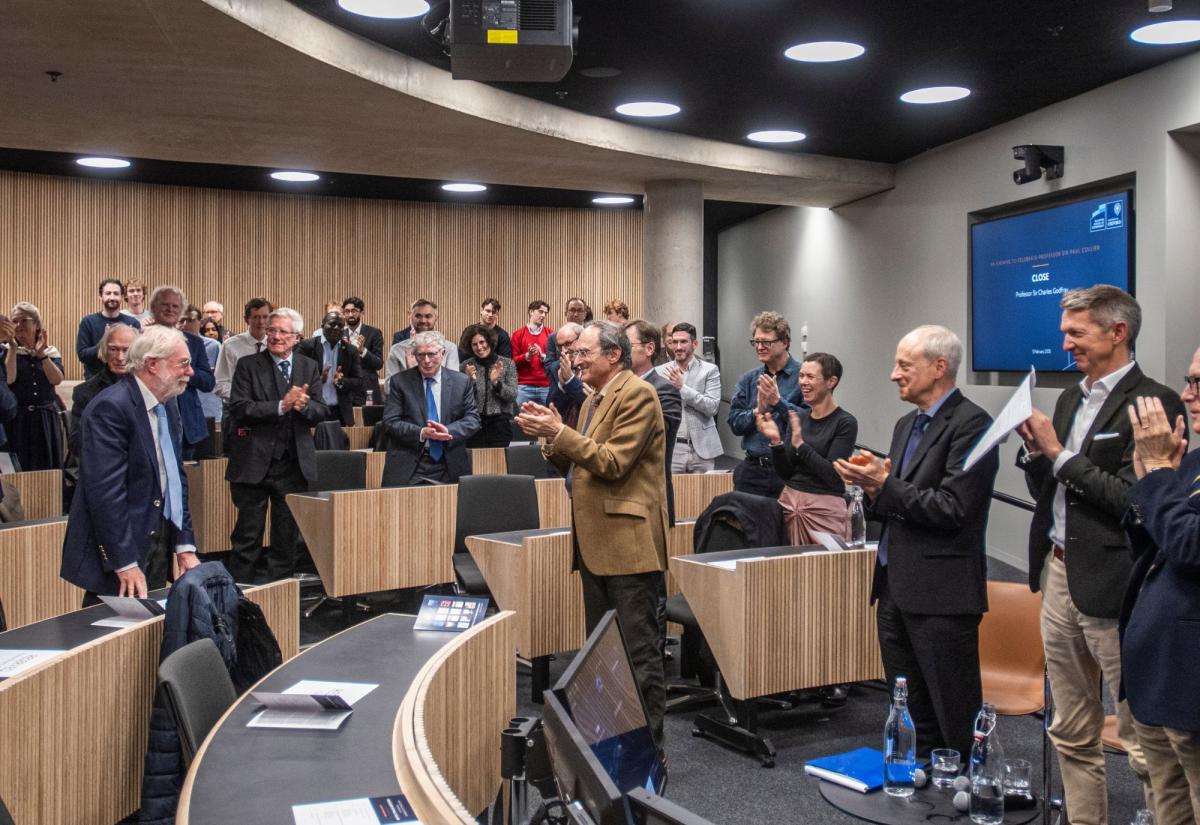Law and politics have shaped the surprisingly effective regime for transborder commercial disputes, but its mix of public and private institutions bears little resemblance to other pillars of the global economy. Why?
A new book authored by Prof Thomas Hale and published by Cambridge University Press provides the first comprehensive social scientific account of the surprisingly effective regime for transnational dispute resolution. It maps and explains its evolution since the Industrial Revolution, both at the global level and in the United States, Argentina, and China.
We could not have a global economy without a system to resolve commercial disputes across borders, but the international regime that performs this key role bears little resemblance to other pillars of the global economy. A hybrid of private arbitral institutions, international treaties, and domestic laws and courts, the regime for commercial dispute resolution shows that effective transborder institutions can take a variety of institutional forms.
Taking seriously both political economic approaches and socio-legal theories, the books shows how both have shaped institutional outcomes. While economic interests have been the chief determinants, legal processes have played a key role in shaping the form institutions take, particularly as the regime has institutionalized. The regime for commercial dispute resolution therefore remains between interests and law.
The book examines both socio-legal theories and political economy theories, bridging two key literatures (law and international political economy) to bring new information to light about the origins of, and forces that continue to shape, the transnational dispute resolution regime. It will be of particular interest to academic researchers and legal practitioners in the field of commercial dispute resolution.
Endorsements:
"Its combination of theoretical imagination, empirical rigor, historical richness and relevance to public policy issues makes Between Interests and Law a major work of scholarship."
Robert o. Keohane, Princeton University
"Thomas Hale combines qualitative and quantitative methods, ideantional and rational explanations, and international and transnational perspectives in a fascinating study of transnational commercial arbitration. He surveys the world from Asia to the Americas to Europe and offers an explanation rich in both color and clarity."
Anne-Marie Slaughter, Professor Emerita, Princeton University



